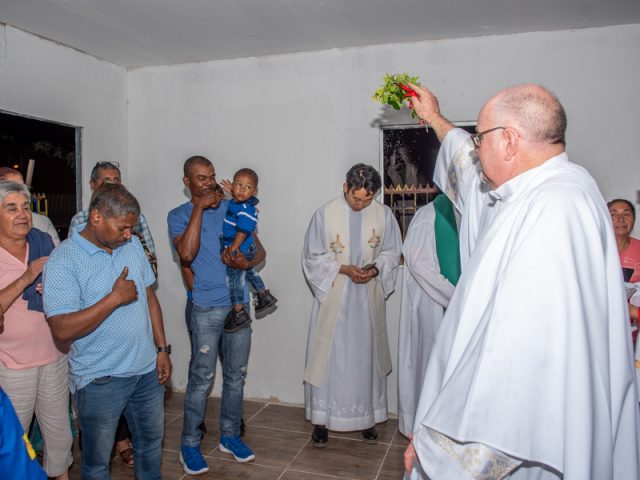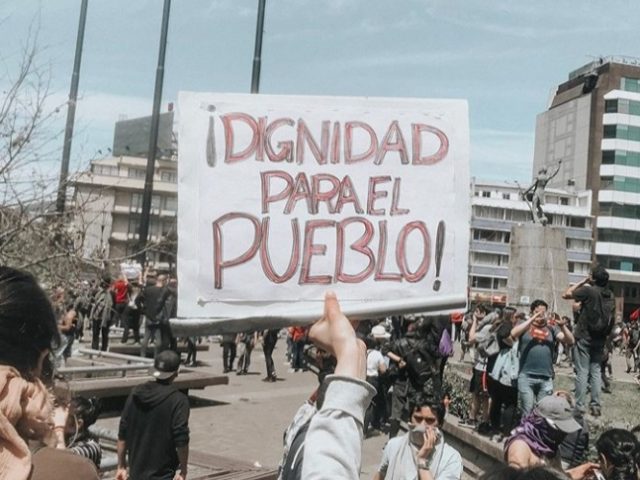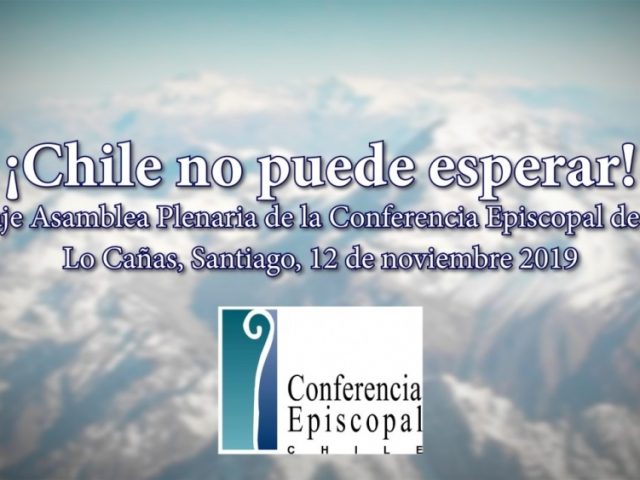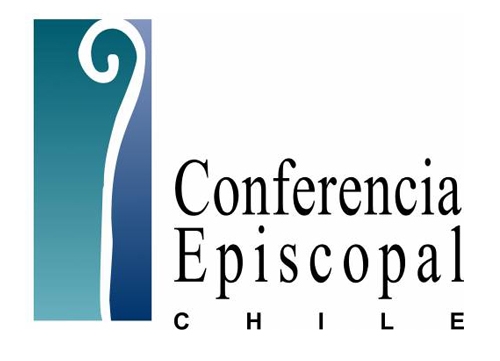The Struggle Against Water Privatization in Chile
E-Bulletin Article
Title: The Struggle Against Water Privatization in Chile
By: Michael Gemmel, CCAO Economic Justice Intern
The economy is a tool that needs to be used to serve the needs of all people, not to be served by the people, against people. This was Pope Francis message when he spoke on World Environment Day this year. In a notable speech he said the Church has stressed this several times, [that] the dynamics of an economy and finance that lack ethics
God our Father did not give the task of caring for the earth to money, but to us, to men and women."
In 1981 under General Pinochets dictatorship, Chiles water codes were changed to give private investors and corporations ownership over the countrys water for free and for an unlimited amount of time.
Today, despite the turnaround to democracy, the unfair codes continue to exclude the poorest and marginalized from their right to water. When water is owned by profit making enterprises, there are no incentives to provide water to those who cannot afford it. To be excluded from water is to be excluded from life.
The Columbans have worked with the Mapuche people for many years on this issue. Indigenous inhabitants hold special rights to water on their land. However much of what they have access to, by use of wells, is becoming almost harder to attain. Vast genetically engineered eucalyptus plantations used for logging are straining the water table around the Mapuche territory, siphoning the water below.
In an enlightening conversation with César Correa, the Columban Justice Peace and Integrity of Creation coordinator in Chile, I started by asking how the economic impacts were affecting the poorest communities. He assured me that this was a very Western way of looking at the issue of water - merely as a resource, an exchangeable commodity. Water has a being with a cultural and spiritual meaning he said, It is a precious necessity for life which is sacred and a collective good that should be returned to the people.
César is working with a larger network of organizations to raise awareness about this issue, an issue he says that not many people are aware of. Earlier this year the Columbans helped organize a protest with more than 6,000 people, calling for a recuperation of Chilean water rights. And momentum is slowly building. On the first week of July the coalition held a national conference to discuss how best to care for the growth of water and life.
The Columban work in Chile calls us to our faith, to stand in solidarity with those without such necessities so they too may enjoy the fullness of life that God intends. We have a duty to protect Gods creation and put the needs of the poor and vulnerable first. Let us work together to recuperate water for those without it.
*I want to thank César Correa for taking the time to speak with me. Without his input this piece would not have been possible.
E-Bulletin Article
Title: The Struggle Against Water Privatization in Chile
By: Michael Gemmel, CCAO Economic Justice Intern
The economy is a tool that needs to be used to serve the needs of all people, not to be served by the people, against people. This was Pope Francis message when he spoke on World Environment Day this year. In a notable speech he said the Church has stressed this several times, [that] the dynamics of an economy and finance that lack ethics God our Father did not give the task of caring for the earth to money, but to us, to men and women.»
In 1981 under General Pinochets dictatorship, Chiles water codes were changed to give private investors and corporations ownership over the countrys water for free and for an unlimited amount of time.
Today, despite the turnaround to democracy, the unfair codes continue to exclude the poorest and marginalized from their right to water. When water is owned by profit making enterprises, there are no incentives to provide water to those who cannot afford it. To be excluded from water is to be excluded from life.
The Columbans have worked with the Mapuche people for many years on this issue. Indigenous inhabitants hold special rights to water on their land. However much of what they have access to, by use of wells, is becoming almost harder to attain. Vast genetically engineered eucalyptus plantations used for logging are straining the water table around the Mapuche territory, siphoning the water below.
In an enlightening conversation with César Correa, the Columban Justice Peace and Integrity of Creation coordinator in Chile, I started by asking how the economic impacts were affecting the poorest communities. He assured me that this was a very Western way of looking at the issue of water – merely as a resource, an exchangeable commodity. Water has a being with a cultural and spiritual meaning he said, It is a precious necessity for life which is sacred and a collective good that should be returned to the people.
César is working with a larger network of organizations to raise awareness about this issue, an issue he says that not many people are aware of. Earlier this year the Columbans helped organize a protest with more than 6,000 people, calling for a recuperation of Chilean water rights. And momentum is slowly building. On the first week of July the coalition held a national conference to discuss how best to care for the growth of water and life.
The Columban work in Chile calls us to our faith, to stand in solidarity with those without such necessities so they too may enjoy the fullness of life that God intends. We have a duty to protect Gods creation and put the needs of the poor and vulnerable first. Let us work together to recuperate water for those without it.
*I want to thank César Correa for taking the time to speak with me. Without his input this piece would not have been possible.




